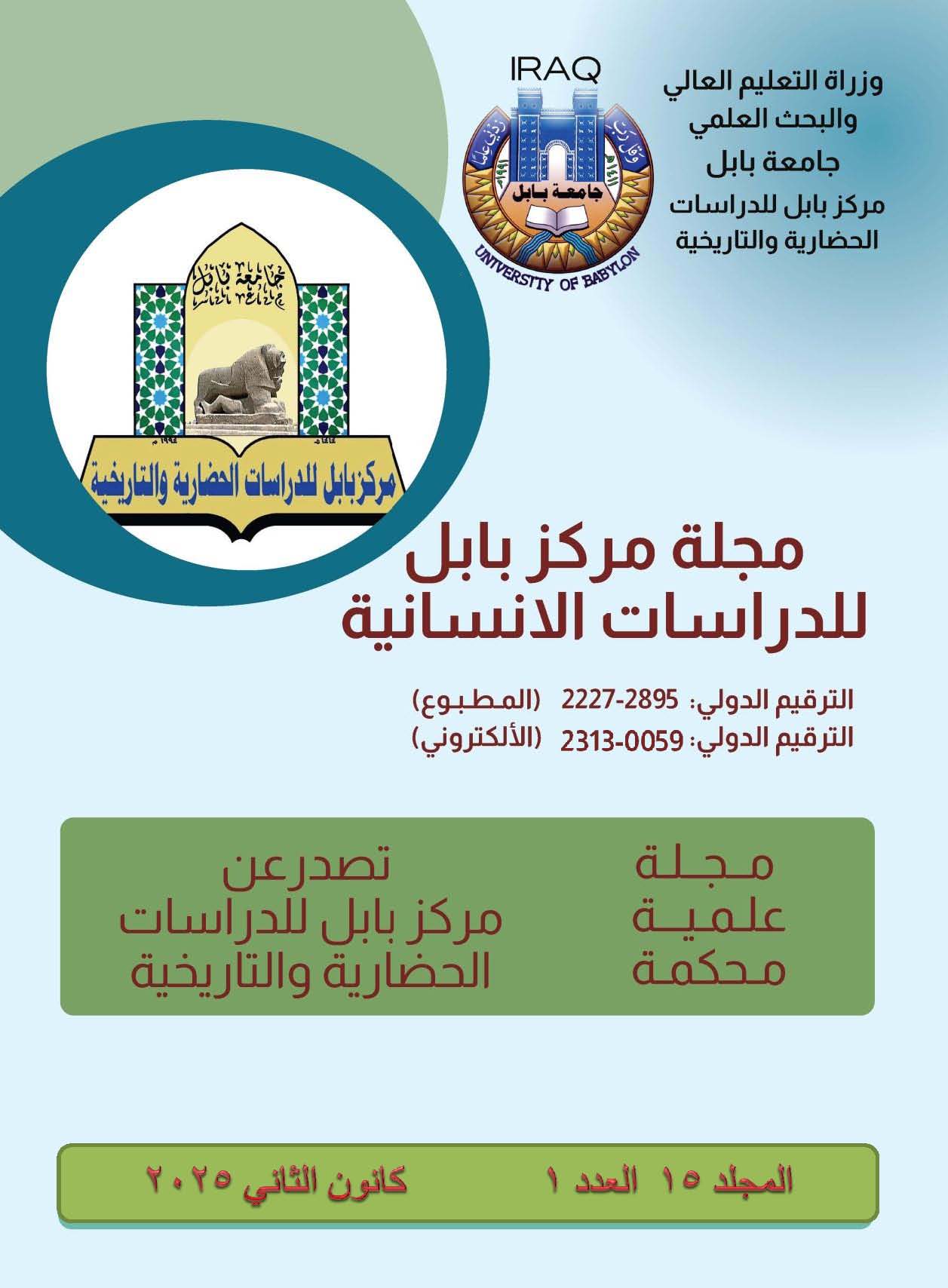Disagreement Among Grammarians in Abd Al-Kamal Al-Tarauniki's Al-Namliya
Keywords:
Definition of Trioniki AL Namlya, Let's proceed, Indeed, EspeciallyAbstract
This study aims to elucidate the differences among grammarians regarding the terminology discussed by Abd Al-Kamal Al-Tarauniki in his work Al-Namliya. The disagreements gave rise to several notable schools, primarily the Basran and Kufan schools. The Basrans, adhering to established rules and principles, derived their linguistic norms from the Bedouin tribes of Najd, Hijaz, and Tihamah. In contrast, the Kufans sourced their language from a broader array of Arab tribes, resulting in a collection of less conventional terms not typically used by the Arabs. The Basrans interpret linguistic phenomena in the Quran using the most eloquent Arabic dialects, considering anything that deviates from established norms as an exception that must be memorized and not applied as a general rule. Meanwhile, the Kufans emphasize linguistic usage over theoretical rules. This divergence in methodology and approach has led to significant differences between the Basran and Kufan schools.
The differences among grammarians regarding the treatment of the word in question have led to varying interpretations: some grammarians consider it to be in the nominative case, others in the accusative case, and some even classify it as a verb while others see it as a noun, as I will elaborate in the first section. This disagreement has highlighted the existence of multiple grammatical schools, such as the Basran and Kufan schools, among others.







